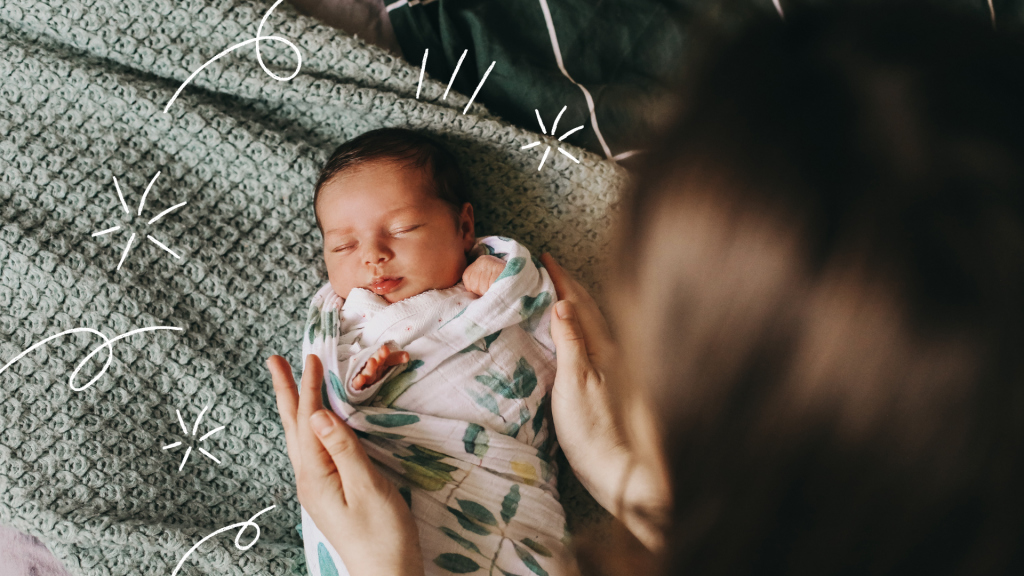

How to Apologize to Your Kids
The day I realized my parents make mistakes and are just people was a liberating day for me. As children, we might believe our parents are superheroes. They might be extremely strong or courageous in our eyes. But everyone makes mistakes, and as parents, it’s important that we acknowledge this and know how to apologize to our kids.
According to Ely and Gleason (2006), children are more likely to apologize if they receive apologies from their parents. This modeling and exposure to sincere apologies encourage them to accept responsibility and provide an apology for their behavior when it’s called for. And although apologizing to your child can be difficult, it’s integral to being a parent. By following the steps outlined here, you can apologize in a way that’s sincere and effective.
The first step is to acknowledge that you have made a mistake.
Even though you might want to show your child that they can count on you, apologizing for a mistake will instill more confidence in your child. They will learn from a young age that taking responsibility for their actions is typical and expected.
Expressing that you understand what you said or did that may have hurt or affected your child’s feelings is the second step in a healthy apology. This act will show your child that you care about their feelings and how your actions or words might affect them. It also models for your child the importance of being aware of how our actions and words affect others in their lives.
Taking responsibility and not making excuses is an essential next step. Our children should learn from our behaviors that part of taking responsibility is not blaming someone else or the situation. If we are irritable because it’s hot, it’s not the weather’s fault. If we are upset about something and take it out on our child, we shouldn’t blame whatever upset us. We must remind ourselves that mistakes are inevitable, but we can learn from them if we take responsibility.
Then, make amends. Depending on the situation, you may need to take action to make up for your mistake. For example, if you yelled at your child, you might apologize and then spend some extra time with them to connect again.
Finally, promise your child that you will try to do better in the future. This shows that you are committed to making changes in your behavior.
We want our children to grow up in a healthy environment where they are comfortable admitting when they need help or have made a mistake. This is a natural part of growing up, and we always want to validate our children’s emotions. You are doing a fantastic job reading these parenting blogs and just being you. A present parent is an ongoing present!
Ely, R., & Gleason, J. B. (2006). I’m sorry I said that: Apologies in young children’s discourse. Journal of Child Language, 33(3), 599–620.

